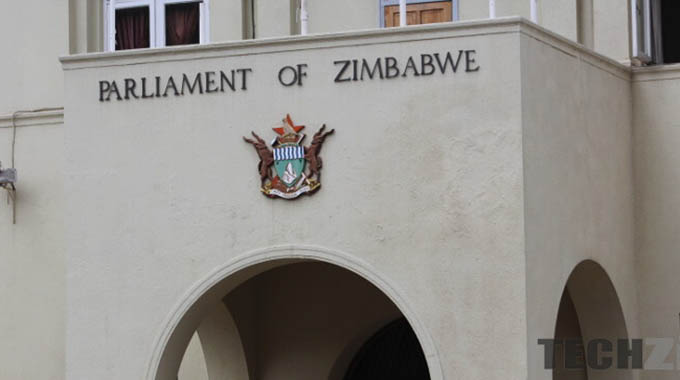JUST IN: 116 000 arrested for breaching lockdown measures

Crime Reporter
Police have arrested 116 047 people from March to date countrywide for violating national lockdown regulations, as the number of those that have escaped from isolation centres has also risen to 285.
On Saturday alone, police arrested 1 362 people countrywide for various offences related to contravening the regulations.
Most of them were arrested for unnecessary movement, failure to wear masks and offences related to the Liquor Act and the Road Traffic Act.
In a statement on Sunday, national police spokesperson Assistant Commissioner Paul Nyathi said Harare continued to have the highest numbers of arrests, with 24 925, followed by Manicaland with 22 028, while Bulawayo has 16 009 people arrested.
Those arrested for illegal crossing and smuggling are now 612.
By last week, police had arrested 4 382 motorists, especially errant kombi and pirate taxis operators for operating public transport without exemption.
Last Tuesday, a night curfew from 6pm to 6am for all but essential services and a retreat to 8am to 3pm working hours for exempted businesses was imposed, along with criminalisation of deliberate or reckless transmission of Covid-19.
Announcing the new measures, President Mnangagwa stressed enforcement of other present lockdown rules.
Non-working people should stay at home except for essential movement to buy food, find water or for medical reasons; masks had to be worn outside of homes; everyone screened entering public places and buildings; social distancing observed; public transport passengers screened and sanitised on boarding with buses disinfected between round trips; and intercity movement remains banned.
Businesses already formally exempted and allowed to operate, including food markets, were only affected by the shortening of the working hours by 90 minutes in the afternoons.
The curfew and other changes were the result of the rapid increase in the number of total infections, especially those within Zimbabwean communities, seen recently with local cases now greater than those among returning residents.










Comments